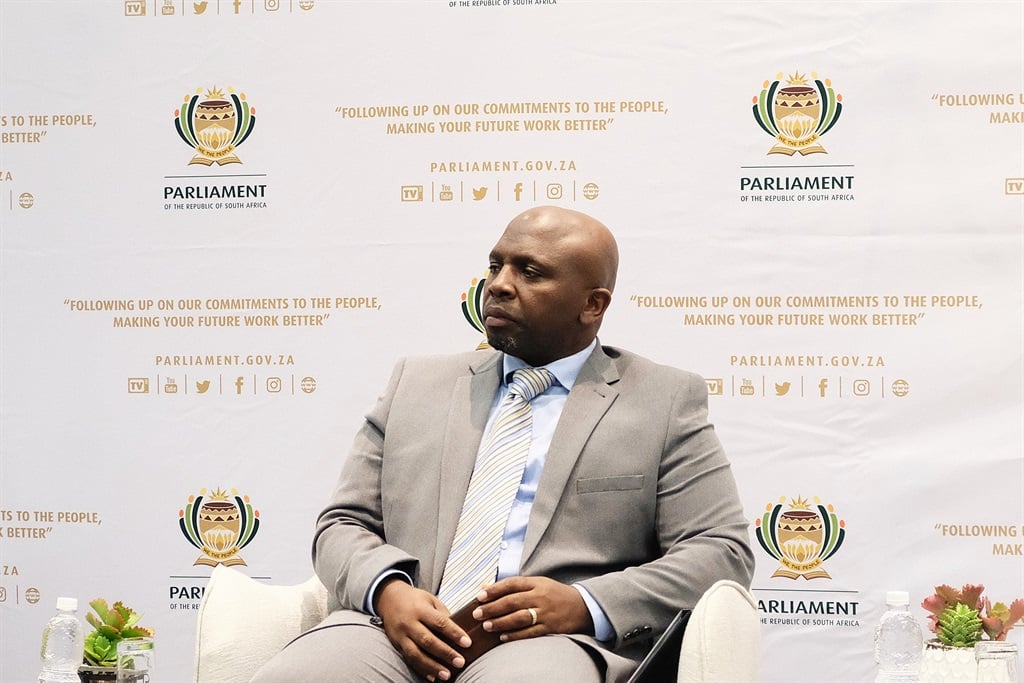Masibulele Xaso, secretary of the National Assembly, suggested last week that 17 oral questions per session could be posed to a minister
POLITICS
Parliamentary portfolio committees will henceforth each have four more permanent members to accommodate the bulk of new parties in the National Assembly.
Representation in portfolio committees – where legislation is compiled and refined before being accepted by the National Assembly – had to be increased because 18 parties are now represented in the assembly, since the election. In the previous administration, there were 14 parties.
A portfolio committee will henceforth have 15 permanent members: five from the ANC, three from the DA, two from the Mkhonto weSizwe Party (MKP) and one from the EFF.
The other 14 parties will have to arm-wrestle for the remaining four permanent places on each committee. They will have to decide among themselves on which committees they get voting rights. All MPs can participate in any portfolio committee meeting.
READ: Noxolo Mfocwa | Khethile khethile: now let’s make the GNU work for the people
The smaller parties are the IFP (17 seats), the Patriotic Alliance (nine), ActionSA (six), Freedom Front Plus (six), the Azanian Christian Democratic Party (three), the UDM (three), Rise Mzansi (two), Build One SA (two), Al Jama-ah (two), the African Transformation Movement (two), the National Coloured Congress (two), the PAC (one) and the United Africans Transformation (one). Parliament’s two largest parties, the ANC and the DA, agreed last week at a rules committee meeting that the number of permanent members should be increased for greater inclusivity on the portfolio committees.
However, there was a less accommodating spirit when the allocation of oral parliamentary questions to ministers was discussed.
There is no limit to the number of written questions MPs may ask ministers, but there was previously a time limit for oral questions. MPs had three hours each week during which they could pose such questions to ministers, while the president and his deputy exposed themselves to questions once per quarter.
Masibulele Xaso, secretary of the National Assembly, suggested last week that 17 oral questions per session could be posed to a minister. Then the ANC would get six opportunities, the DA three, the MKP two, the EFF one and the IFP one.
READ: South Africa is in a ‘political crisis’, needs an urgent national dialogue, says Fraser-Moleketi
The remaining 13 smaller parties would then be divided into four groups, each getting one opportunity to ask a question. In the past, however, there was only time for 12 or 13 questions per three-hour session with ministers, which meant smaller parties ran the risk of not having an opportunity to ask oral questions.
Questions that cannot be asked orally can still be answered in writing, but the opportunity to confront ministers directly usually gives smaller parties good airtime in the media, which they would not otherwise have. The issue of smaller parties’ questions will now be discussed at a following subcommittee meeting.
